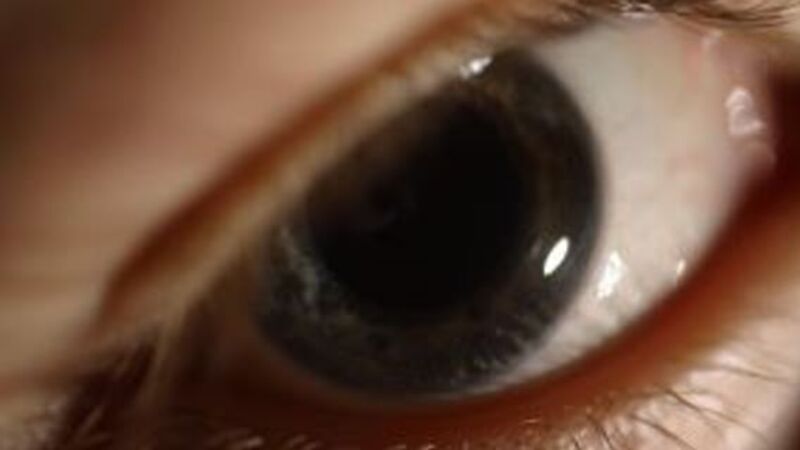Deaf adults 'have improved vision'

Adults who are born deaf can see better than people with good hearing, according to UK research released today.
A study from the University of Sheffield showed that deaf adults and teenagers react more quickly to objects in their peripheral vision than hearing people.














